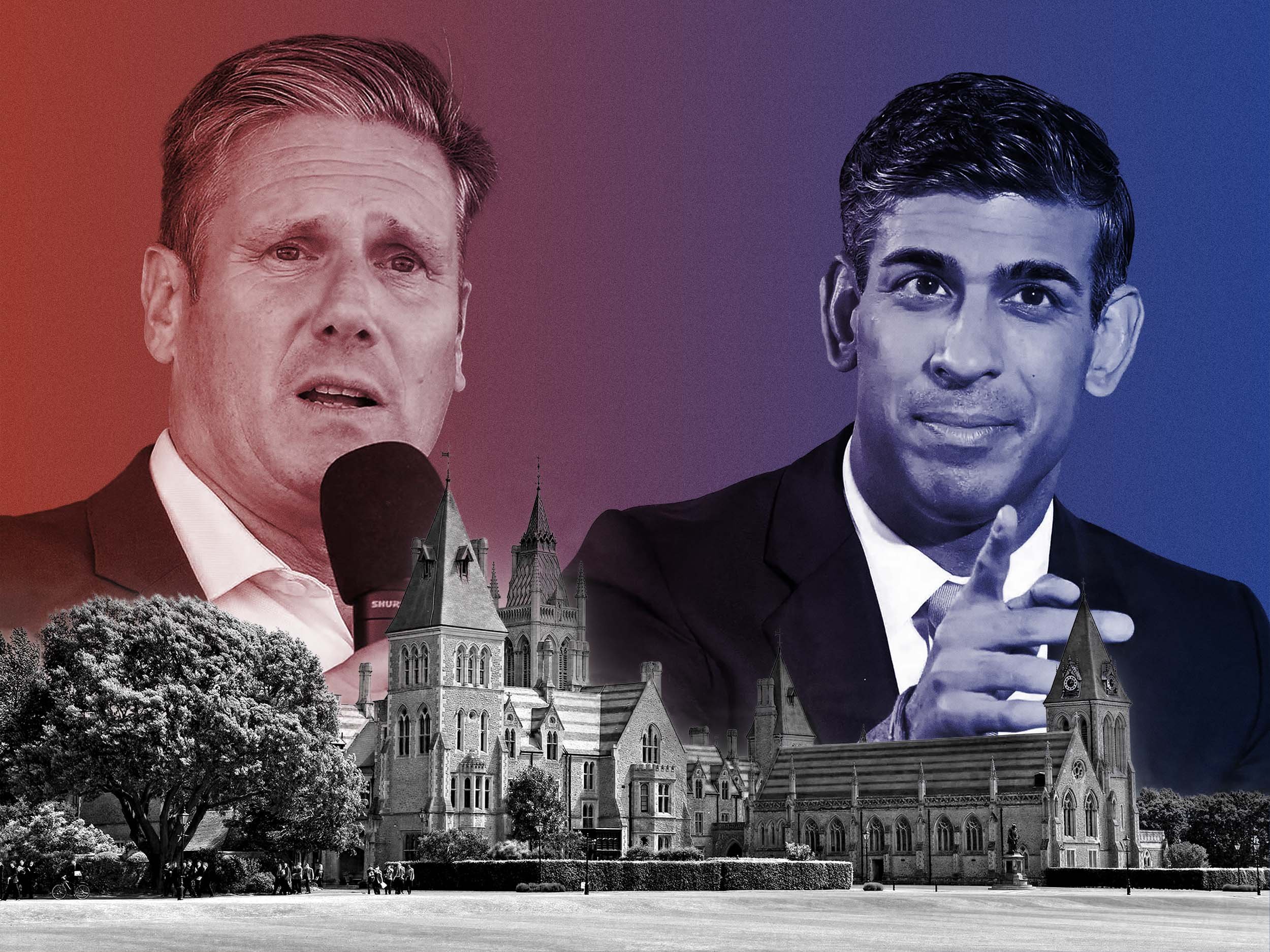What will happen to education in the UK?
By Adam Goodbody
Founders’ Associate at Oppidan Education
In the UK, we’re at an inflection point in education.
Seemingly everything is up for grabs. Whether it’s buildings, exams, curriculum, private schools or mobile phones, ‘set piece’ issues are in flux like never before. Of course, it all hinges on politics. With ten Secretaries of State for Education in the 13 years since the Conservatives took power in 2010, it’s no surprise that as regards meaningful change, we’re left with the all too familiar excuse: “the dog ate my homework”.
From passing the buck to passing exams, the advent to next year’s general election signifies a maelstrom of problems, practical and ideological. Questions abound as to what our schools should be built from, whether we should study maths to 18, whether private schools should be taxed (or exist at all) and what GCSEs and A-Levels should look like.
A changing syllabus?
Looking ahead, it seems likely that, funding dependent, an increasingly skills-based curriculum will become commonplace with a broader focus on employability skills and technical qualifications. This ‘British Baccalaureate’ comes off the back of the government’s pushing of T-Levels a vocational alternative to A-levels. The depth of study afforded by the A-Level programme and the traditional UK university degree model seems out of touch with the agility and multi-disciplinarity that 21st century employers are coming to expect. This latitude and breadth of reference is the mode of tomorrow. Yet, this sits alongside a rising dropout rate of students in universities across the UK, with financial distress and mental health cited as primary factors. It’s important to reflect that alongside the lofty ambitions of curriculum redesign, students are still hugely struggling with basic ‘hygiene factors’: money and health.
What will happen to private schools?
Meanwhile, if Labour are elected, as seems highly likely, the squeeze on private schools will become more acute. Whether it is business rate relief, charitable status or VAT, the debate is totemic for wider inequality within our society, and although the market size is comparatively tiny (roughly 550,000 pupils are educated privately in the UK), this issue stands tall in the political debate. Regardless of legislation, leading private school ‘brands’ will remain relatively price inelastic despite towering fees. Smaller institutions that are bumping along at the bottom of breakeven will be scooped up by private equity-backed groups like Dukes, Cognita and Nord Anglia. Within this culture of homogenisation, pioneering private schools must continue to sow the seeds of assessment change and encourage the government into wider reform. Criticisms of the sector will abound and continue but its longevity will rest in the ability to innovate.
Failure or success
Debate rages too about the ‘forgotten third’, those pupils who in English and maths do not achieve at least a grade 4. These pupils cannot continue in sixth form or further education without re-sitting, which most fail. Whereas Nick Gibb, the Minister for Schools, maintains that these aren’t a failure, many others are not so sure. Several high-profile private schools have fled the GCSE system to their own mode of assessment and the jury is out more widely on the relevance of high-stakes testing. Much should be learned from countries in Europe where emphasis is taken away from tests and towards broader competencies that are less easily measured.
Too early or late, too harsh or too lenient, the education system and the voices within reflect the indecisiveness and insecurity of a post pandemic mood. Galvanising educators, politicians and students towards cohesive progress is ultimately impossible, but if funding can be secured and, for me, a moderate approach taken that focuses on future skills and inspirational and personalised teaching, there is much scope to make the lives of young people change for the better.
And we didn’t even mention AI...

